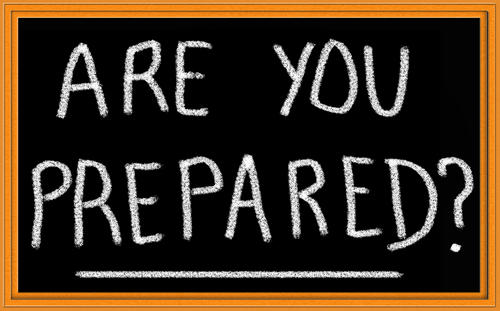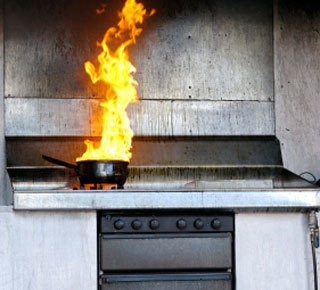Err on the Side of Caution How can we prepare ourselves to make sure we are ready when an emergency strikes? Be Ready for Electricity Cuts Power failures can be devastating. Firstly, make sure you have torches and batteries handy for when the power fails. Back up your important computer files on a regular basis. If you have a laptop computer, make sure it can operate from your car cigarette lighter socket. If you rely on electricity for essential medical equipment, make sure your power supply company is aware of this. They can prioritise you when power is about to be restored. |  |
 | Take Care with Gas |
Have multipurpose fire extinguishers that can cope with flammable liquids as well as electrical fires. Keep them handy in high risk areas, such as the kitchen, garage and basement. Check your extinguishers regularly and have them serviced, recharged or replaced and ensure you know how to use them. Have Emergency Exit Routes | |